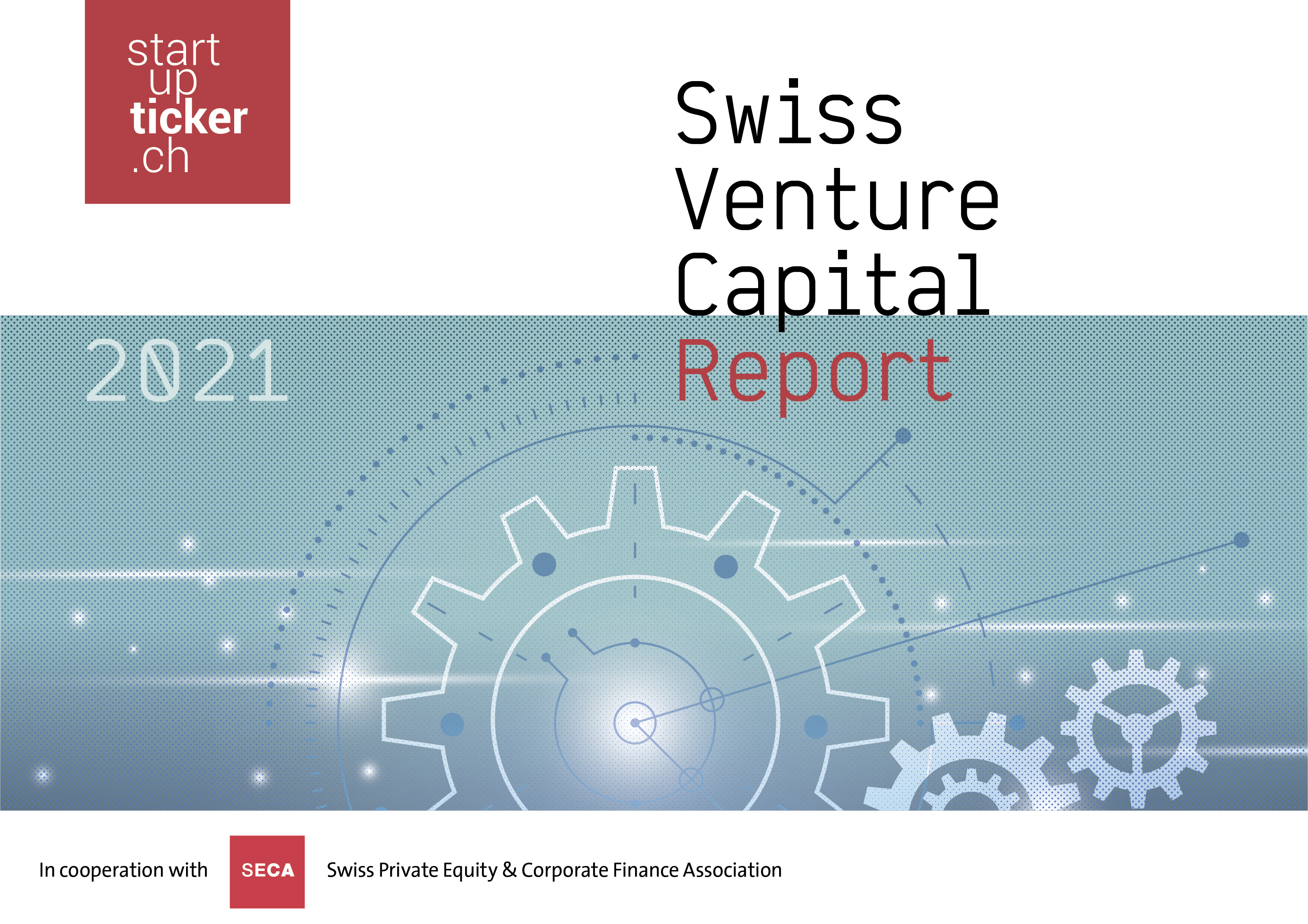
Following the publication of its first preclinical results in metachromatic leukodystrophy, a rare genetic disorder typically affecting young children, Release Therapeutics has raised CHF 3.3 million in seed funding from private investors. The funds will into further studies and advancements as the company drives towards its mission of treating genetic disorders without gene therapies.
Metachromatic Leukodystrophy (MLD) is a rare genetic disorder of the nervous system stemming from a deficiency in the lysosomal enzyme, arylsulfatase A (ARSA); it is most common in toddlers aged 12 to 20 months (late infantile MLD). Tragically, this condition is usually diagnosed after symptoms appear, making it too late to treat with available therapies and resulting in most children being unable to survive past the age of five.
Based in Geneva and launched in 2023, Release Therapeutics is at the forefront of developing the first cell macroencapsulation technology designed to deliver potent therapeutic proteins beyond the human blood-brain barrier. Its proprietary technology integrates an implantable macroencapsulation device with an immortalised myoblast cell line capable of producing a broad range of proteins for long-term delivery to the CNS.
The company recently formed a strategic collaboration with the Innovation Unit for Gene and Cell Therapy (GENOV) at the Paris Brain Institute to assess the impact of the Company’s technology on mice presenting symptoms of MLD. The mice were implanted with an analogue of Release’s Myo-P device and received ARSA enzyme replacement therapy over three months. After three months of treatment, the mice showed a reversal of disease progression, suggesting the Company’s technology holds great promise in treating symptomatic MLD. The results were presented by Dr Françoise Piguet, Head of GENOV, Paris Brain Institute, at the 20th WORLD Symposium for Lysosomal Storage Disorders (LSD) in February 2024, with the abstract published in a recent special issue of Molecular Genetics and Metabolism.
The closing of its seed round with private investors allows the company to progress its clinical development programs. Thomas Mehrling, CEO of Release said, "The Seed funding testifies to the significance of our collaboration with the Paris Brain Institute and our findings towards treating MLD. The proceeds will be invested immediately in assessing the impact of our technology in non-human primates. With the results expected in autumn 2024, we plan to launch a Series A raise in the final quarter of this year to submit an IND application and get our technology into the clinic as soon as possible."


 The new Swiss Venture Capital Report was published on 26 January. It analyses 304 financing rounds closed in 2020 and includes further article such as an interview with Michael Hengartner, President of the ETH Board, and a list of Swiss "soonicorns".
The new Swiss Venture Capital Report was published on 26 January. It analyses 304 financing rounds closed in 2020 and includes further article such as an interview with Michael Hengartner, President of the ETH Board, and a list of Swiss "soonicorns". 




















































Please login or sign up to comment.
Commenting guidelines